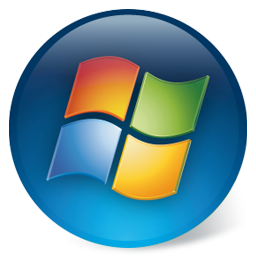 If you were to believe the latest headlines at Business Insider, Android is a fragmented mobile platform and has a negative effect on the applications, for developers and end-users alike. Android is currently in a heated battle with the other two big names in mobile technology (the iPhone and the BlackBerry being the other two), and this is a serious matter definitely worthy of discussion.
If you were to believe the latest headlines at Business Insider, Android is a fragmented mobile platform and has a negative effect on the applications, for developers and end-users alike. Android is currently in a heated battle with the other two big names in mobile technology (the iPhone and the BlackBerry being the other two), and this is a serious matter definitely worthy of discussion.
But Dan Frommer’s allegations in his latest post on BI don’t really add up. Frommer contends that the official twitter app for Android, which only works on Android v2.1 and up, is proof that Google’s mobile OS isn’t as “unified” as the competitors, and that this is a sign of early-onset serious fragmentation that will only get worse down the line. The thing is… it’s not.
It’s true that Android, available for deployment on any device manufacturers are willing to bundle it with, faces certain compatibility issues. With a multitude of devices, each with its own mostly-unique set of hardware and features, creating software that will run the same for everyone isn’t as easy as it is on the iPhone. But it’s nowhere near as much of an issue as Frommer makes it out to be.

 Last month, Canonical Ltd. released the newest update to their extremely popular Ubuntu: Ubuntu Gutsy Gibbon (7.10)… But it hasn’t been all fun and games, as thousands of irate users will tell you… If you search the
Last month, Canonical Ltd. released the newest update to their extremely popular Ubuntu: Ubuntu Gutsy Gibbon (7.10)… But it hasn’t been all fun and games, as thousands of irate users will tell you… If you search the  Windows Vista RC1 (
Windows Vista RC1 (